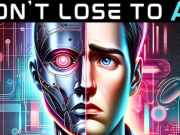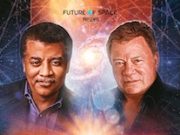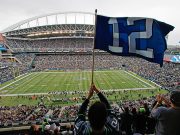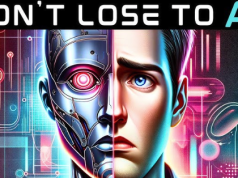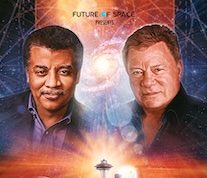 The New York Times began tallying the votes for tech dominion this past week to judge the two finalists in the contest for America’s New Geek Idol. Many cities have made their mark on the totem according to Most Wired, Most Connected, or Most Tech Literate, but following the birthplace of the microprocessor in the Silicon Valley, home to Apple and Google among other tech titans, who is truly the second in command?
The New York Times began tallying the votes for tech dominion this past week to judge the two finalists in the contest for America’s New Geek Idol. Many cities have made their mark on the totem according to Most Wired, Most Connected, or Most Tech Literate, but following the birthplace of the microprocessor in the Silicon Valley, home to Apple and Google among other tech titans, who is truly the second in command?
Instead of looking at the dominance of industry leaders, where New York City’s metro-techs would have a tough time matching up to Microsoft and Amazon, our computer gaming industry, digital music pioneers or online real estate innovators, to sing but a few notes, the Time’s “Education Life” section stakes out a thesis for “Geek Appeal” as a question of technical education.
NYC Mayor Michael R. Blumenthal has made a heavyweight investment in Applied Sciences NYC, which is creating a new campus on the city’s Roosevelt Island. The city itself is contributing another $15 million in assistance to Columbia University’s new Institute of Data Sciences and Engineering which will “begin offering a certificate program in the fall and ultimately hire 75 more processors.”
N.Y.U. and its Polytechnic Institute are also vying to make the Big Apple “The Voice” for “Big Data.” Make no mistake. We Seattleites wish our NYC brothers and sisters all success in their efforts. But “senator,” Seattle24x7 knows high tech geeks, high tech geeks are friends of ours. Big Apple, the Silicon Alley cannot compare to the Silicon Forest in pure geek appeal.
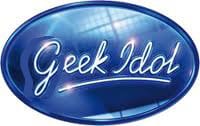 As the NY Times does not neglect to point out, the University of Washington, which boasts the Paul G. Allen Center for Computer Science and Engineering, has opened the eScience Institute for studying data across disciplines and has a new Ph.D. program in Big Data.
As the NY Times does not neglect to point out, the University of Washington, which boasts the Paul G. Allen Center for Computer Science and Engineering, has opened the eScience Institute for studying data across disciplines and has a new Ph.D. program in Big Data.
“It also has many rich and powerful neighbors in tech to finance its data initiatives and lure big-name faculty members,” penned writer Claire Cain Miller. Google Kirkland taps into the rich beachhead of programming talent that laps onto Lake Washington and South Lake Union, as does Facebook.
Since 2000, Microsoft has donated $22 million to the computer science program; Google gives several million dollars a year, and Amazon has endowed two professorships with $2 million; Jeff Bezos, its founder and chief executive, personally recruited Carlos Guestrin for computer science and Emily B. Fox for statistics.
“Like New York, Seattle has draws outside the classroom,” writes Miller. Ed Lazowska, the Bill & Melinda Gates Chair in Computer Science & Engineering at the University of Washington, said the collection of the new staffers is simply extraordinary. He called the new faculty ”instant-impact.”
“It attracts certain geeks like me, nature-loving and into music, food and biking,” said Carlos Guestrin who made the migration from Carnegie Mellon University. But the biggest attraction, he said: “The data is on the West Coast.” [24×7]



